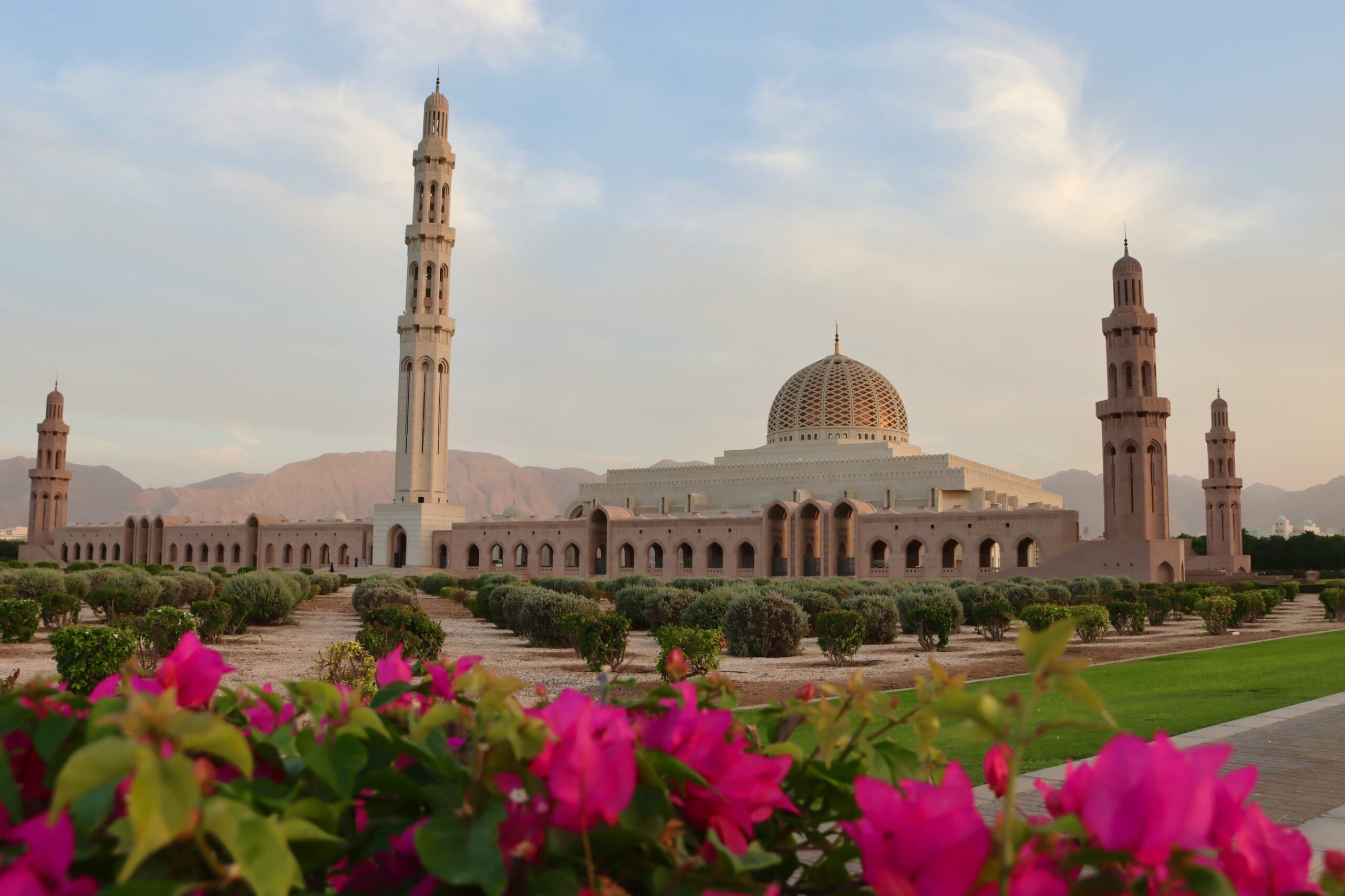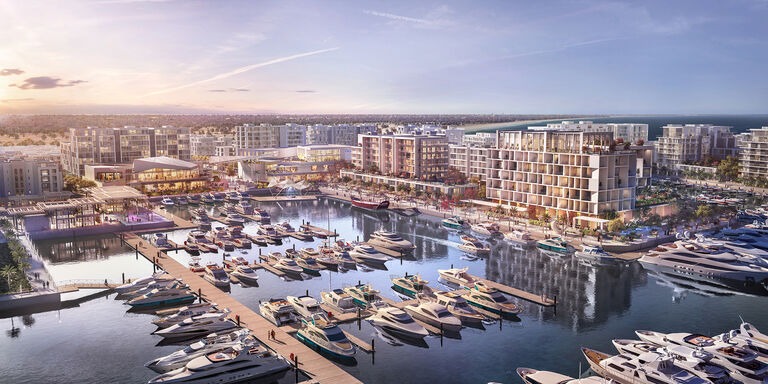Buy Property in Oman: Complete 2025 Guide by Forsa Property

Looking to buy property in Oman? In this 2025 comprehensive guide, Forsa Property explains everything foreign buyers need to know—from legal regulations and Integrated Tourism Complexes (ITCs) to financing, costs, and how to get residency through property ownership.
Why Buy Property in Oman?
Oman is one of the most peaceful and investor-friendly countries in the Middle East. The government welcomes foreign ownership in designated real estate zones, and with no annual property taxes, Oman is a cost-effective market for expats and investors. Buying property in Oman through Forsa Property ensures you get local expertise with global standards.
One of the biggest advantages of buying property in Oman is the availability of freehold zones for foreign buyers. Areas like Muscat Hills, The Wave (Al Mouj), and Jebel Sifah allow non-Omanis to own property with full ownership rights. This opens the door to a growing number of international investors who seek long-term residency and returns in a safe and regulated market.
Additionally, Forsa Property sector is backed by government support and legal reforms designed to attract more foreign investment. The country offers a high quality of life, modern infrastructure, and a strong sense of security. Property prices are competitive compared to neighboring countries like the UAE or Qatar, making Oman an affordable yet valuable market.
Another reason why you should consider buying property in Oman is the country’s unmatched natural beauty and lifestyle. From stunning coastlines to mountains and desert landscapes, Oman offers a relaxed and scenic environment perfect for families, retirees, and professionals alike.
Moreover, buyers in Oman can also benefit from potential residency rights, rental income opportunities, and zero personal income tax, making real estate ownership even more attractive.
Where Can Foreigners Buy Property in Oman?
Oman welcomes foreign investment in real estate through designated Integrated Tourism Complexes (ITCs), where non-Omanis can purchase freehold property. If you’re wondering where foreigners can buy property in Oman, several premium areas offer modern living, legal ownership, and long-term value.
Here are the main locations where foreigners can legally buy property:
- Al Mouj Muscat (The Wave) – A flagship waterfront community with luxury homes, a marina, shopping, dining, and an 18-hole golf course.
- Muscat Hills – A gated community near the airport offering villas, apartments, and a golf lifestyle with beautiful city views.
- Muscat Bay – Nestled between the mountains and the sea in Qantab, Muscat Bay offers beachfront living with luxury villas, apartments, and two 5-star hotels. It’s ideal for those seeking a resort lifestyle.
- Jebel Sifah – A tranquil coastal destination south of Muscat featuring a marina, boutique hotels, golf course, and relaxed residential options.
- Saraya Bandar Jissah – A private, scenic development between rocky cliffs and the sea, offering high-end villas and apartments with beach access.
- Yiti and Yiti Sustainable City – A new development focused on eco-friendly living, smart infrastructure, and community wellness.
- Sultan Haitham City – A visionary urban development project near Muscat, planned to be a smart, sustainable city with residential, commercial, and cultural zones. It will include opportunities for foreign ownership as part of Oman’s broader national development plan.
Foreigners buying property in these ITC and strategic zones enjoy freehold ownership and may be eligible for residency visas. These developments offer international-standard amenities and vibrant communities.
Steps to Buy Property in Oman (2025)
Buying property in Oman is a straightforward process, especially for foreigners purchasing within designated Integrated Tourism Complexes (ITCs). If you’re considering investing in Omani real estate, here are the key steps to buy property in Oman in 2025:
- Choose the Right Development (ITC Zone)
Foreigners can only purchase freehold properties within government-approved ITC zones such as Al Mouj Muscat, Muscat Bay, Jebel Sifah, and Sultan Haitham City. Begin by researching each location’s offerings, lifestyle, and investment potential. - Select a Property Type
Decide whether you’re buying an apartment, villa, or townhouse. Work with a trusted real estate agency or the developer’s sales office to view available units and understand payment plans. - Check Eligibility and Documentation
Ensure you have a valid passport and meet any visa/residency requirements (some developments offer visas upon purchase). If you’re buying as a company or through joint ownership, additional documents may be required. - Sign a Sales and Purchase Agreement (SPA)
Once you choose a property, you’ll sign a SPA with the developer. This includes payment terms, completion timelines (for off-plan), and legal obligations. - Make the Payment
Payments are typically made in installments for off-plan projects or in full for ready properties. Ensure funds are transferred through a registered bank in Oman. - Register the Property
The property must be registered with the Ministry of Housing and Urban Planning. You will receive a title deed in your name, giving you full ownership rights. - Obtain Residency (if eligible)
Some ITC properties provide residency visas for owners and their immediate family members.
Buying property in Oman in 2025 is secure and regulated. With the right guidance and preparation, it can be a smooth path to both investment and lifestyle.
Costs Involved
When buying real estate in Oman, especially within Integrated Tourism Complexes (ITCs) where foreigners are allowed to purchase freehold property, it’s important to understand all the costs involved beyond the sale price. Here’s a breakdown of the typical costs involved in buying property in Oman in 2025:
- Property Price
This is the agreed purchase price of the property, whether off-plan or ready. Prices vary depending on the location, size, view, and development. - Registration Fee
Omani law requires a 3% property registration fee based on the total value of the property. This fee is paid to the Ministry of Housing and Urban Planning at the time of transfer. - Legal Fees
While legal representation is optional, hiring a real estate lawyer is highly recommended. Legal fees typically range from OMR 500 to OMR 1,000, depending on the complexity of the transaction. - Service Charges / Maintenance Fees
If you’re buying in a gated community or ITC like Al Mouj or Muscat Bay, there are annual service charges for common area maintenance, security, and amenities. These range from OMR 5 to OMR 10 per square meter per year. - Agency Fees
If you work with a real estate agent, the typical commission is 2% to 3% of the property price, unless you buy directly from the developer. - Utilities and Setup Costs
Connecting electricity, water, and internet services may cost between OMR 200 to OMR 500, depending on the property and location. - Capital Gains / Income Tax
There is no personal income tax or capital gains tax in Oman, making it one of the most attractive real estate markets in the GCC.
Understanding these costs will help you budget accurately and avoid surprises during your property purchase journey in Oman.
Can Foreigners Get Residency by Buying Property?
Yes , If you’re looking to invest in the Middle East, Oman offers a unique opportunity: foreigners can obtain residency by purchasing property in designated areas. This initiative has opened doors for expatriates who wish to live, work, or retire in a stable and welcoming country. When you buy property in Oman, especially in freehold zones like Muscat Bay , Almouj , Muscat Hills or the newly planned Sultan Haitham City, you’re not just securing a valuable real estate investment—you’re also opening the path to residency.
Oman’s government has introduced regulations that allow non-Omani nationals to purchase residential units in specific Integrated Tourism Complexes (ITCs). These purchases come with renewable residency visas for the buyer and their immediate family, making it easier for families to settle long-term. The visa typically remains valid as long as the property is owned.
This policy benefits both investors and the country’s growing real estate market. It provides a secure, legal route for expats to enjoy life in Oman with access to its healthcare, education, and high quality of life. Additionally, since Oman doesn’t impose personal income tax, it’s an attractive choice for international buyers.
However, it’s important to work with a trusted real estate agent or legal advisor to ensure the property is in an approved location and meets the government’s criteria. Prices vary depending on location, size, and amenities, but with increasing developments and infrastructure projects, now is a promising time to buy property in Oman.
Whether you’re seeking a vacation home, a rental investment, or a full-time residence, Oman offers a secure and culturally rich environment. With residency incentives tied to property ownership, it’s more than just a purchase—it’s a lifestyle investment in one of the Gulf’s most peaceful nations.
Financing Options
If you don’t want to pay in full upfront, these are your options:
Foreigners and residents looking to invest in Oman’s real estate market have several financing options available. While some buyers opt for cash purchases, many take advantage of local mortgage services offered by banks. Here’s a breakdown of the financing options for buying property in Oman in 2025:
1. Bank Mortgages for Foreigners
Many Omani banks offer home loans to expatriates purchasing property in Integrated Tourism Complexes (ITCs) such as Al Mouj, Muscat Bay, or Jebel Sifah. Leading banks like Bank Muscat, National Bank of Oman (NBO), and Bank Dhofar provide competitive mortgage products for foreigners.
Key requirements usually include:
- Valid residency visa (some allow pre-approval with a property purchase)
- Stable income and employment
- Down payment (typically 20%–30%)
- Property must be in an approved ITC
2. Islamic Home Financing
Sharia-compliant financing (such as Ijara or Murabaha) is available through Islamic banks like Meethaq Islamic Banking and Bank Nizwa. These options avoid interest and involve a lease-to-own or profit-based purchase model.
3. Developer Financing
Some real estate developers offer in-house installment plans for off-plan properties. This is especially common in new ITC projects and can include:
- 0% interest plans
- Flexible payment schedules (e.g., 5 or 7 years)
- Down payments as low as 10%
4. Personal Loans
Although not ideal for large investments, some expats use personal loans from Omani banks to fund partial property payments. However, interest rates may be higher.
Financing options in Oman have improved significantly for foreigners in 2025, making property ownership more accessible and flexible. Always compare interest rates, terms, and eligibility with multiple banks or consult a mortgage advisor before proceeding.
Why Choose Forsa Property?
Forsa Property specializes in helping expats and GCC buyers safely navigate the Omani property market. With access to exclusive listings, in-house legal support, and multilingual customer care, we ensure your property journey is smooth and secure.
FAQs About Buying Property in Oman
- Q: Can non-GCC nationals own land in Oman?
A: Yes, but only within ITC zones. - Q: Can I rent out my property?
A: Yes, and some ITC units have high rental demand. - Q: How long does the process take?
A: It can be as quick as 30–45 days with proper documentation.

Final Thoughts
If you are ready to buy property in Oman in 2025, there’s no better time than now. Whether it’s a beachfront apartment in Muscat or a luxury villa in Salalah, Forsa Property can guide you to the right opportunity. Contact us today for a personalized consultation and browse our listings for the best deals available.
© 2025 Forsa Property – Helping you buy property in Oman with ease.
